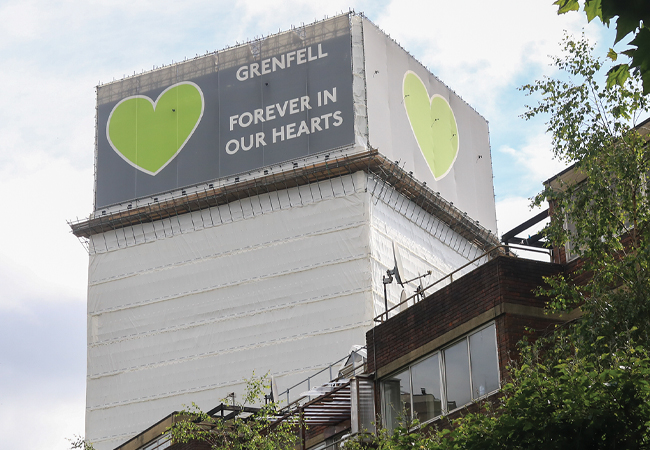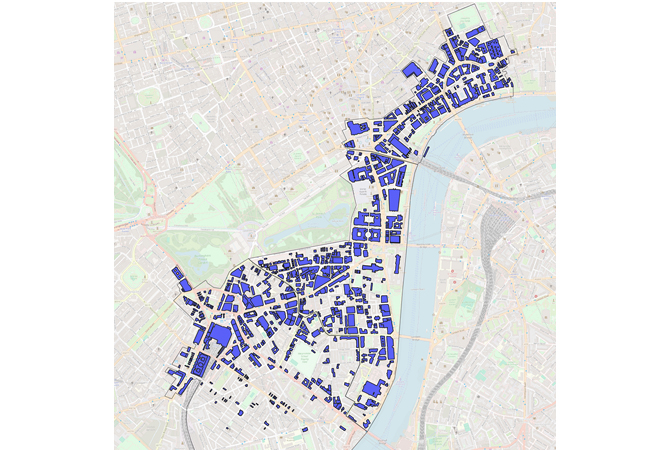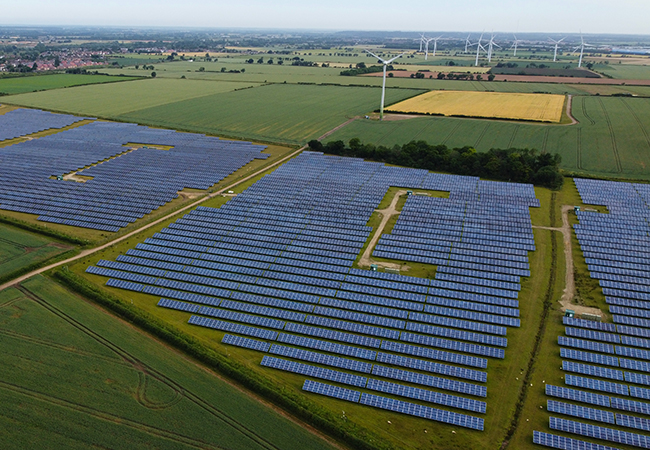
The Prime Minister has warned that construction companies involved in failings that led to the Grenfell Tower fire will not be awarded government contracts, following the publication of the final report into the 2017 disaster.
The concluding report of the seven-year long Grenfell Tower Inquiry, chaired by retired High Court judge Sir Martin Moore-Bick, appeared on 4 September and among a host of recommendations is a call for the establishment of a construction industry regulator.
This would be responsible for construction product regulations, testing, fire risk assessor accreditations, building control oversight, and the licensing of contractors to work on Higher-Risk Buildings (HRB).
The report accuses manufacturers of the rainscreen cladding panels and insulation products, used on Grenfell, of ‘systematic dishonesty’ in the way the products were tested and marketed.
Sir Keir Starmer said he took responsibility for the building safety issues identified in the report and that the government will write to the companies found to have been part of these ‘horrific failings’ as a ‘first step’ to stopping them being awarded government contracts.
The report also recommends an urgent review of the definition of HRBs as being either at least 18m tall or having seven storeys and containing at least two residential units.
It says this definition is ‘arbitrary’ and unsatisfactory. It recommends that the nature of the building’s use and the likelihood that its occupants are vulnerable people, who may need to be evacuated in the event of a fire or other emergency, to be considered more relevant.
The report also calls on the government, working with industry and professional bodies, to encourage those working in the construction industry to take courses in the principles of fire engineering as part of their continuing professional development.
Other recommendations include introducing statutory requirements for:
- A fire safety strategy, produced by a registered fire engineer, to be submitted with building control applications for the construction or refurbishment of any HRB, and for this to be reviewed and resubmitted at completion
- Applications for building control approval relating to the construction or refurbishment of a HRB to be supported by a statement from a senior manager of the principal designer under the Building Safety Act 2022. This should say that all reasonable steps have been taken to ensure that, on completion, the building as designed will be as safe as is required by the Building Regulations.
Commenting on the report, CIBSE technical director Dr Anastasia Mylona said: ‘The findings of the Grenfell Inquiry report are sobering and a stark reminder of the critical need for transparency, integrity and robust regulation within our industry.’
‘As the report highlights systemic failures, CIBSE remains committed to driving the necessary reforms in building and fire safety engineering practices. Our role is to ensure that the highest standards are upheld, and that the safety of residents is always the paramount concern in the built environment.’




